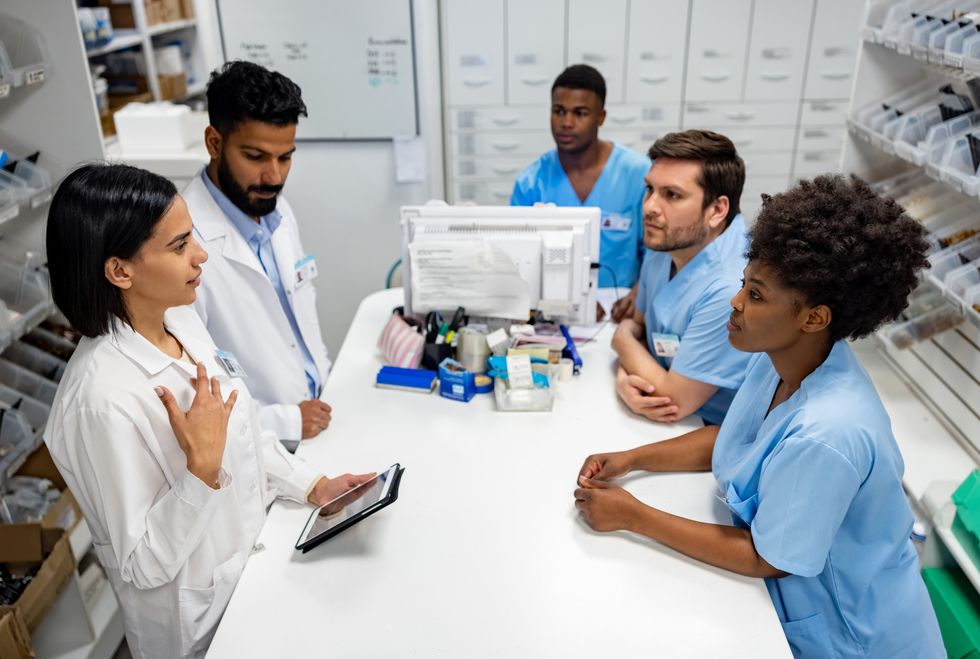Dhiren Dayal, Advanced Clinical Pharmacist in primary care and Chair of Asthma + Lung UK’s Council of Healthcare Professionals, highlights the vital role pharmacists can play in raising awareness.
As Chair of the Council of Healthcare Professionals at Asthma + Lung UK, I’m deeply concerned about the invisible threat of air pollution on the health of our communities. It’s a crisis that disproportionately affects the most disadvantaged, exacerbating health inequalities.
Shockingly, for every 100 people who die from asthma in the UK, 31 are from the most deprived areas, compared to only 12 from the least. Studies have shown that the most economically disadvantaged are often those worst affected by air pollution, particularly because they often live near busy roads and yet are least likely to own a car.
Wherever we live, the chance of breathing air that exceeds the World Health Organization’s recommended pollution limits is alarmingly high. For the millions of Brits with lung conditions like asthma and COPD breathing in toxic air can harm their health and quality of life. Exposure to air pollution is directly linked to respiratory symptoms, hospitalisations, and the likelihood of developing respiratory diseases, even shortening life expectancy. Yet many people remain unaware of how much polluted air affects them.
Often the first point of contact in healthcare, community pharmacists are well positioned to educate patients, especially those in polluted areas, about the impact of air pollution on their health.
They can advise patients with lung conditions on the importance of using their preventative inhalers, attending annual reviews, and knowing the signs of worsening symptoms. Simple, practical suggestions like checking local air quality through the government’s air quality forecast and using quieter streets to avoid high-traffic areas can help reduce exposure on high-pollution days.
Air pollution is a public health emergency: the government must not delay a moment longer and take bold steps by introducing new legally binding air quality targets that are in line with international standards.
We must prevent tragic cases like Ella Adoo-Kissi-Debrah’s - who died from an asthma attack linked to air pollution - from ever happening again. While the recent government apology is a starting point, it’s not enough and what we really need is meaningful action.
The burden of polluted air should not fall disproportionately on those already struggling s.
Clear action, such as creating low-emission zones and promoting clean public transport, are crucial and proven steps to address this national issue.
We can play a pivotal role by empowering patients with knowledge and practical steps to mitigate the effects of poor air quality on health. Clean air is not a privilege; it’s a right. Together, through awareness and action, we can make strides toward protecting vulnerable communities from this hidden threat.

















 Leadership groups from across the pharmacy sector need to work togetherPic credit: iStock
Leadership groups from across the pharmacy sector need to work togetherPic credit: iStock